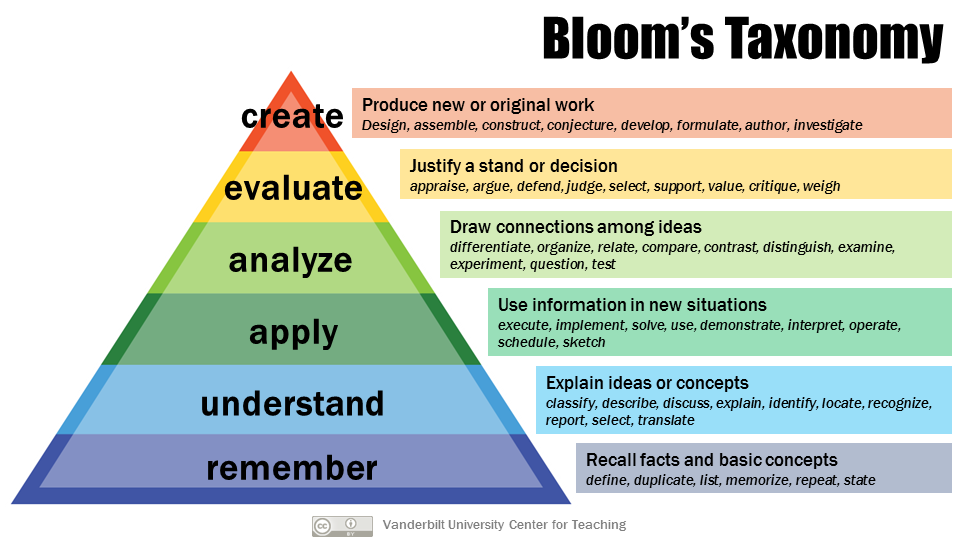Merck KGaA on Training a Data-Capable Workforce

Dr Boris Adryan kicked off Oxford Global’s Pharma Data & Smart Labs digital day with a stirring presentation on the importance of digital and data literacy in the pharma workforce. Dr Adryan wants his company, Merck KGaA, to make the most of today’s technology opportunities. He says that central to this task will be to initiate a ‘cultural shift’ and mindset change in how employees think about and relate to data. As well as trying to foster this change of culture, Dr Adryan wants to provide the right tools for employees to learn about data and help the management areas of the company see the benefits in this learning.
Where and how to target digital and data strategy
There are three factors, says Dr Adryan, to consider when promoting data literacy. Those are technology, process, and people. The infrastructure needs to be present to provide workers with the right tools, which means everything from the ELNs that scientists use to ensuring their labs have secure and stable internet access. Scientists also need to be trained to make data FAIR and reusable. Therefore, data-orienting the workforce aims to anticipate the metadata they need to provide with their experiment data.
But training an entire faculty on digital and data literacy is no small task, especially a workforce made up of a variety of cohorts, skills, and skill levels. Determining the groups and skill level granularity of data literacy strategy is vital.
Dr Adryan explains another question: whether to train a workforce via in-person classrooms or remotely. The benefit of classroom training is that it is human, traditional, and people ‘get it’. However, it requires a lot of organisation and a lot of overhead. Dr Adryan opted to recommend remote training for Merck KGaA due to the large number of trainees it would have to take on.
Merck KGaA set out to train their workforce via LinkedIn’s Learning platform, allowing the company to target each trainee with a course suited to the amount of detail they need which fixes the granularity problem. However, LinkedIn provides a variety of courses at varying levels of skill, so how do you decide which course is best for whom?
Merck KGaA’s Data Literacy Solution
Essential to Merck KGaA’s training plan is sending employees for a 'job-ready assessment' to outline the gaps in training each trainee needs to fill. The company trialled the Workera platform and offers it now to data and analytics practitioners, who benefit from spot-on bite-sized content fitting their skill level. Courses offered will be tailored based on their current level of skill, and after employee maturation, they will become a part of Merck KGaA’s ‘communities of practice’ to share their learned skills amongst colleagues with similar interests.
Dr Adryan insists that the overall goal is to have ‘the entire workforce understand data to a reasonable degree’. The goal is to allow employees to talk about data, understand how data decision making works, and have the necessary tooling skills where appropriate.

Dr Adryan wants to ensure that the workforce properly internalises Merck KGaA’s training sessions. He introduces Bloom’s Taxonomy as a way of achieving optimal teaching strategy, explaining it is only worth commencing the training if the information can be retained and applied to obtain a return on investment.
Bloom’s taxonomy shows that efficacious implementation of taught skills comes only at the top of the pyramid. Practical skills, therefore, are what it takes for a better learning strategy, but the problem is how to implement this in a remote setting. Merck KGaA settled on Coursera, who offer ‘Guided Projects’, a practical online sandbox for remote training.
What’s Next?
With all that Merck KGaA has learned from embarking on training for data literacy, Dr Adryan asks what’s next and how far can you go with this? Dr Adryan explains that the managerial sector needs to see the benefits of data literacy training, part of the cultural shift necessary to procuring ‘data-driven decision makers’ in the workforce. Dr Adryan contemplates that perhaps circulating the training amongst managers first would go some way toward stepping across this barrier.
Merck KGaA must also decide whether the implementation of training is voluntary or mandatory; they need to prove its efficacy outweighs its cost. The online platforms used, Workera, LinkedIn Learning and Coursera, are not free tools and should provide long term benefit to both the staff and the company. Therefore, Dr Adryan says that the workforce’s ambitions should be reflected to nurture a digital mindset that is palatable to their goals.
Does Culture Eat Strategy for Breakfast?
Dr Adryan says that ‘culture eats strategy for breakfast’ is a cliché phrase. He says that by implementing the right strategy, the seeds can be sown for a new culture to grow, a culture of data literacy. Merck KGaA has therefore implemented this new culture by sowing what it sees as the right strategic seeds. Before training an entire workforce in data literacy, you first need to meet people where they are. Merck KGaA must tailor the learning experience of each worker to jump off from their current level of competency. It also means making learning exercises as practical as possible to promote the application of the knowledge they acquire, which will increase retention.
All these factors are challenging to achieve on a purely online platform. However, Merck KGaA has found some success by providing Workera's ‘job-ready assessments’ to its workforce and using modular and practical learning tools like LinkedIn and Coursera; this creates an applied and adaptive way to teach data literacy.
Pharma data and data literacy are constantly in development, so why not come along to Oxford Global’s next Pharma Data conference to see the experts in the field discuss the latest developments?






